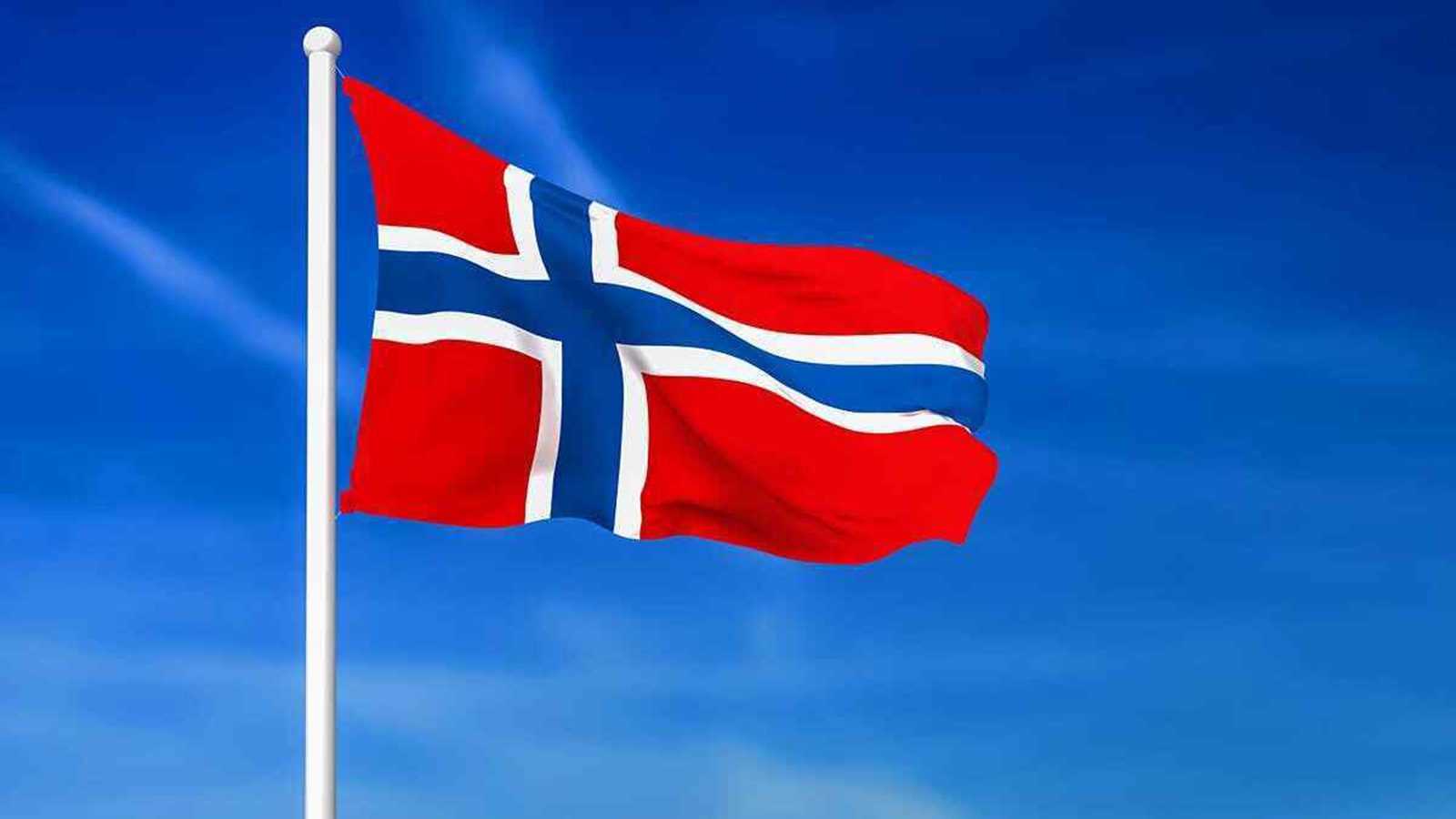Norway’s Gambling Fight: Record Funds

Norway has recently declared a groundbreaking initiative in its ongoing fight against gambling-related issues. The government, through the Ministry of Culture and Equality, has earmarked an astounding NOK32 million (£2.43 million) as part of the Action Plan to combat gambling problems in the year 2024. This significant allocation demonstrates a steadfast commitment to research, prevention, and treatment, aiming to create a more responsible and informed gambling environment.
Unprecedented Funding:
The Ministry of Culture and Equality, in a press release on Friday, disclosed the substantial funds that will be invested in addressing the multifaceted challenges posed by gambling-related problems. This unparalleled allocation is set to fuel extensive research, with a primary emphasis on understanding and mitigating the harmful effects of gambling on individuals and society at large.
Financial Backing from Key Entities:
The financial backing for this ambitious plan is drawn from various sources. The monopoly operator, Norsk Tipping, has played a pivotal role in contributing to the funds. Additionally, support is coming from the Lotteries and Foundations Authority, the Media Authority, the Directorate of Health, and the Research Council. This collaborative effort signifies a united front against gambling issues and underscores the importance placed on this societal concern.
Government’s Positive Outlook:
Culture and Equality Minister Lubna Jaffery expressed optimism regarding the impact of the government’s consolidated efforts. According to Jaffery, the number of Norwegians grappling with gambling problems has witnessed a significant decline since 2019. This positive trend is attributed to the country’s unique sole-law model, which incorporates stringent accountability measures such as maximum loss limits, advertising bans targeting foreign gambling companies, payment intermediary bans, heightened awareness and prevention initiatives, and effective early-stage treatment programs.
Key Measures Underpinning the Action Plan:
Sole-Law Model and Accountability Tools:
The Norwegian government’s sole-law model stands as a pillar in its approach to curbing gambling problems. This model incorporates various accountability tools, including maximum loss limits, which act as a safeguard against excessive gambling losses.
Advertising Bans on Foreign Gambling Companies:
To maintain a regulated and controlled gambling landscape, Norway enforces advertising bans specifically targeting foreign gambling entities. This measure aims to protect citizens from potential harm associated with unregulated overseas operators.
Payment Intermediary Bans:
As part of its commitment to responsible gambling, Norway has implemented payment intermediary bans. This measure prevents financial platforms from facilitating transactions related to unauthorized gambling activities.
Increased Knowledge and Prevention Efforts:
The government is actively investing in initiatives to enhance public awareness and knowledge about gambling-related issues. These efforts are instrumental in preventing the development of gambling problems and fostering a culture of responsible gambling.
Early-Stage Treatment Programs:
Recognizing the importance of early intervention, the Action Plan places a strong emphasis on identifying individuals with gambling problems at an early stage. Implementing effective treatment programs during the initial phases is crucial in mitigating the long-term impact of gambling-related issues.
Objectives of the Action Plan (2022-2025):
The Action Plan for the period 2022-2025 outlines clear objectives aimed at achieving a more responsible and informed gambling landscape. These objectives include:
Reduction in the Number of Individuals with Gambling Problems:
A primary goal is to significantly decrease the number of people facing gambling-related issues. This involves implementing targeted measures to address the root causes of problem gambling and providing support for affected individuals.
Knowledge Enhancement and Sharing:
The plan emphasizes the importance of increasing knowledge about gambling and gambling problems. This includes research initiatives, educational campaigns, and the dissemination of information to the public.
Early Identification and Treatment:
Timely identification and appropriate treatment of individuals struggling with gambling problems are critical components of the plan. The goal is to intervene early, offering effective support to mitigate the impact on individuals and society.
Minister’s Perspective:
Minister Lubna Jaffery, while acknowledging the positive outcomes of the government’s efforts, expressed confidence that the allocated funds would contribute to sustaining this positive trajectory. Jaffery emphasized the importance of the awarded funds in facilitating ongoing initiatives and fostering continued development in the fight against gambling-related issues.
Public Reception and Stakeholder Involvement:
The announcement of such a substantial funding allocation and a comprehensive Action Plan has garnered attention from various sectors. Stakeholders in the gambling industry, advocacy groups, and the general public have shown interest in the government’s proactive approach. This inclusive strategy involves collaboration with diverse entities to ensure a holistic and effective response to the complex challenges posed by gambling-related problems.
Challenges and Criticisms:
While the government’s initiatives are commendable, some critics argue that a sole-law model may limit market competitiveness and innovation. Additionally, concerns have been raised about the potential impact of advertising bans on the revenue of foreign gambling companies. Balancing regulatory measures with a business-friendly environment remains a challenge that requires careful consideration.
International Comparisons:
Norway’s approach to addressing gambling problems and its unique sole-law model distinguish it from other countries. Comparative analysis with nations employing different regulatory frameworks offers insights into the effectiveness of various approaches and informs ongoing policy discussions on a global scale.
Conclusion:
In conclusion, Norway’s unprecedented funding allocation and comprehensive Action Plan against gambling problems signify a robust commitment to creating a responsible and informed gambling environment. The multifaceted approach, incorporating financial support, accountability measures, and targeted initiatives, reflects the government’s determination to address the challenges posed by gambling-related issues comprehensively.
FAQs:
What is the primary focus of Norway’s Action Plan against gambling problems?
The primary focus of the Action Plan is on research, prevention, and treatment, with a key emphasis on understanding and mitigating the harmful effects of gambling.
How is the funding for the Action Plan sourced?
The funds are derived from various entities, including the monopoly operator Norsk Tipping, the Lotteries and Foundations Authority, the Media Authority, the Directorate of Health, and the Research Council.
What accountability tools are included in Norway’s sole-law model?
The sole-law model incorporates accountability tools such as maximum loss limits, advertising bans against foreign gambling companies, and payment intermediary bans.
What has been the trend in the number of Norwegians with gambling problems since 2019?
According to Culture and Equality Minister Lubna Jaffery, the number of Norwegians with gambling problems has halved since 2019.
What are the objectives of the Action Plan for the period 2022-2025?
Theobjectives of the Action Plan include reducing the number of individuals with gambling problems, enhancing knowledge about gambling, and emphasizing early identification and treatment.
How does Norway enforce advertising bans on foreign gambling companies?
Norway enforces advertising bans through specific regulations that target foreign gambling entities, aiming to maintain a regulated and controlled gambling landscape.
What role does the sole-law model play in Norway’s approach to gambling issues?
The sole-law model is a fundamental aspect of Norway’s approach, providing a regulatory framework with strict accountability tools to address and prevent gambling problems.
How is the government addressing concerns about the impact of measures on market competitiveness?
While implementing regulatory measures, the government is mindful of concerns about market competitiveness and aims to strike a balance between regulation and maintaining a business-friendly environment.
What measures are in place to enhance public awareness and knowledge about gambling-related issues?
The government is actively investing in initiatives to increase public awareness, including research projects, educational campaigns, and the dissemination of information regarding gambling and its associated problems.
How is the government involving stakeholders in its approach to combating gambling problems?
Stakeholders, including the gambling industry, advocacy groups, and the public, are actively involved in the government’s strategy. This inclusive approach aims to gather diverse perspectives and ensure a holistic response to the challenges posed by gambling-related issues.
Recommended Posts

Discover iGaming Opportunities in Malta
July 26, 2024

Financial Aspects of Doing Business in Malta
July 26, 2024

Buffalo’s Wealth Slot Game by 1spin4win
July 26, 2024




